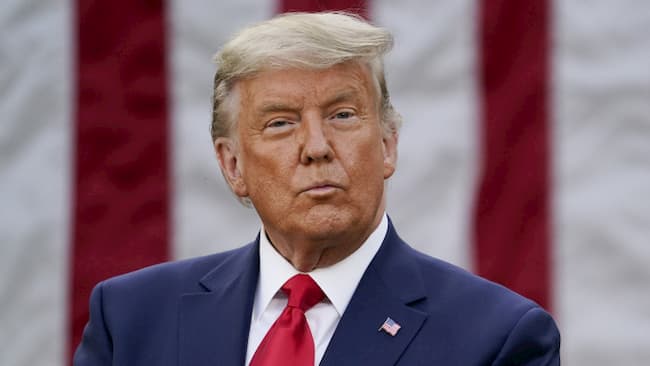In a move that could significantly impact the $10 billion annual trade between Nigeria and the United States, President Donald Trump has imposed a 14% tariff on Nigerian exports. This decision, announced during a “Make America Wealthy Again” event at the White House’s Rose Garden, is part of a broader strategy to address perceived trade imbalances and protect American industries.
The Trump administration asserts that this tariff is a response to Nigeria’s 27% levy on U.S. exports, which they claim has long disadvantaged American businesses and consumers. The new tariff is among several imposed on over 50 countries, including major trade partners like China, the European Union, India, and Japan, as well as developing economies across Asia, Africa, and Latin America.
Economic analysts warn that these tariffs could disrupt key sectors of Nigeria’s economy, particularly oil exports and agricultural trade. The National President of the Nigerian-American Chamber of Commerce, Sheriff Balogun, highlighted that since the inception of the African Growth and Opportunity Act (AGOA) in 2000, Nigeria has exported an estimated $277 billion worth of goods to the U.S., predominantly crude oil. Balogun expressed concern that the new tariffs could significantly reduce this trade volume.
The broader implications of the tariff war include potential increases in consumer prices and a slowdown in manufacturing activities globally. Economists predict that as countries adjust to the new trade landscape, the cost of goods and services will rise, leading to a lower standard of living and a deceleration in international trade. For Nigeria, this could mean a decline in crude oil demand, adversely affecting projected revenue from oil sales.
In addition to the 14% tariff on Nigerian exports, President Trump introduced a baseline 10% tariff on all U.S. imports, with higher rates for specific countries based on trade deficits. For instance, Chinese imports now face a total tariff of 54%, combining the new 34% reciprocal tariff with a previously existing 20% duty. These sweeping measures have raised concerns about a potential global trade war, with several countries contemplating retaliatory actions.
The Nigerian government has yet to issue an official response to these developments. However, trade associations and economic experts are urging policymakers to engage in diplomatic dialogues with U.S. counterparts to mitigate the adverse effects on Nigeria’s economy. They emphasize the need for strategies that promote economic diversification and reduce over-reliance on oil exports.













